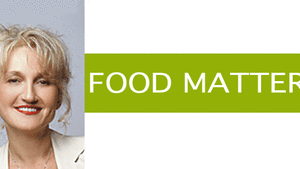Choices determine outcomes
Eating too much or too little of certain foods during pregnancy can cause you to develop gestational diabetes, high blood pressure and excess weight, which can be hard to shift once you’ve given birth.
What’s less well known is that your eating habits during pregnancy can also affect your baby’s growth and development, and influence how he or she will handle nutrients later in life. Some children will have a permanently elevated risk of disease in adulthood because of their mother’s diet choices.
Eating for two
During pregnancy, you are eating for two people. So base your meals on a variety of wholesome foods that will supply iron and other key nutrients.
For optimal brain and nerve development in your child, include folate-rich foods like leafy greens, oranges, nuts and fortified cereals.
Be sure to eat dairy foods or calcium fortified alternatives three times per day for good bones, nerve and muscle functioning and blood clotting.
A lack of iodine can cause miscarriage and premature labour, and children born to iodine-deficient mothers can have an IQ 15 points below average. Use seaweed or some iodised salt or take an iodine supplement to help.
A regular supply of omega 3 aids your baby’s brain and eye development. Walnuts and linseeds are rich in omega 3, or take an algal supplement.
Avoid hidden saturated and trans fats from processed and fast foods such as doughnuts, biscuits, pastries, fries and burgers. Trans fats are linked to miscarriage and a smaller head circumference in babies, which is connected to lower psychological performance as they grow older.
Abstain from caffeine and alcohol. Caffeine intake during pregnancy has been linked to growth retardation, miscarriage, preterm birth and underweight babies.
Years from now your baby will thank you for eating proactively during pregnancy to protect their future.





